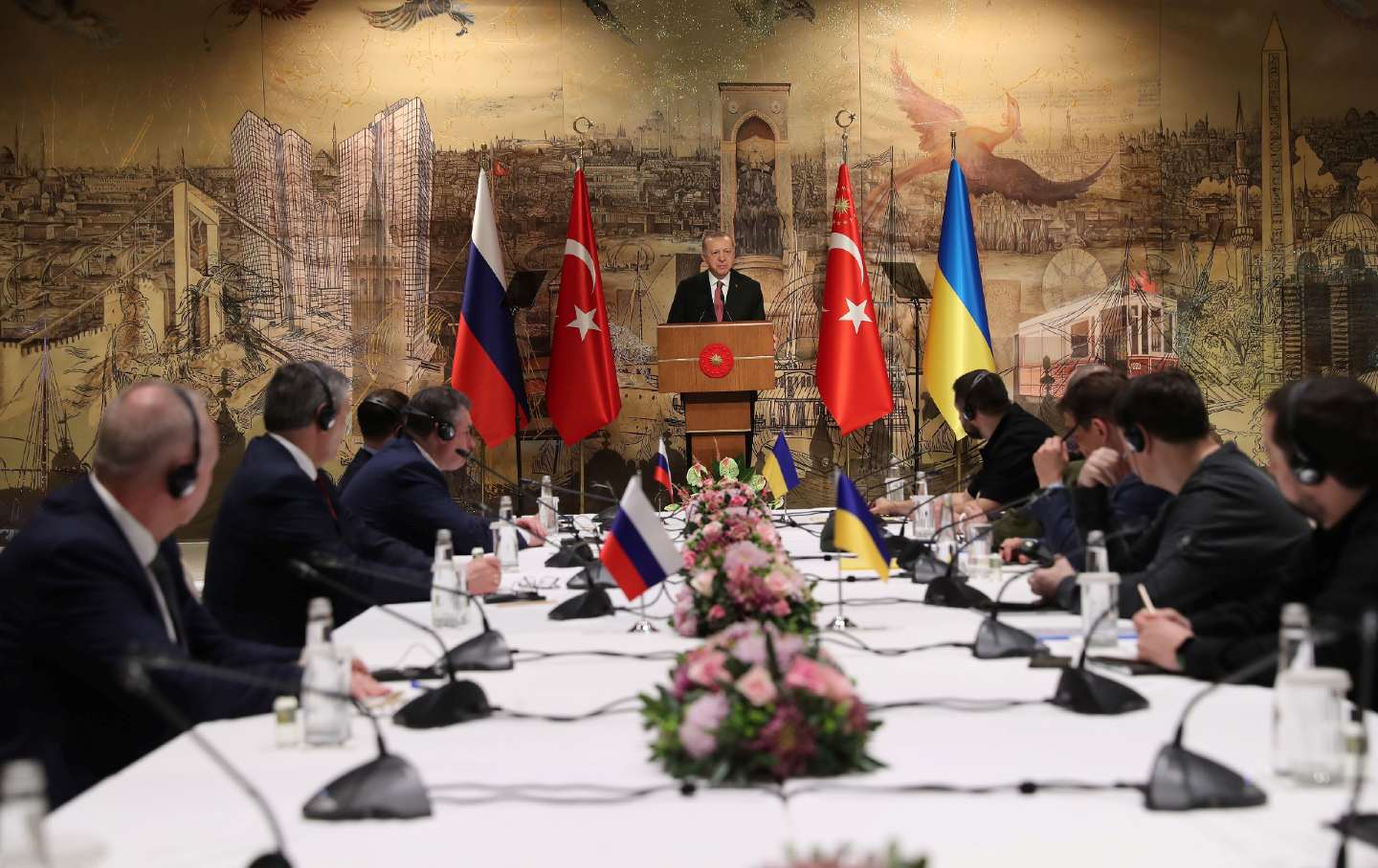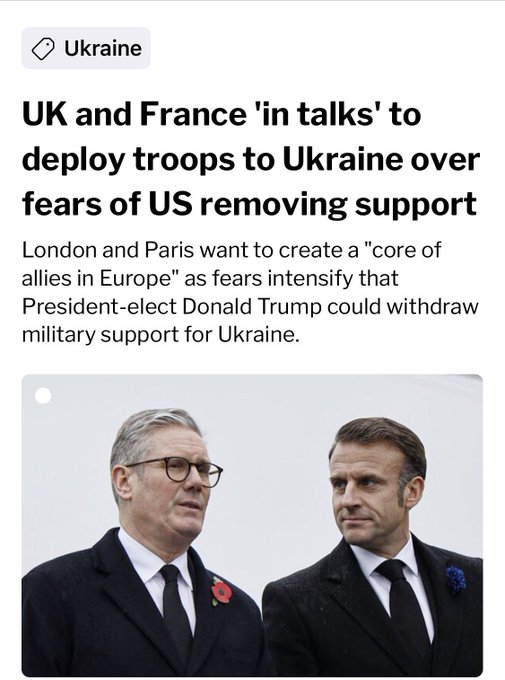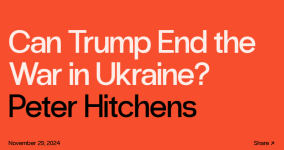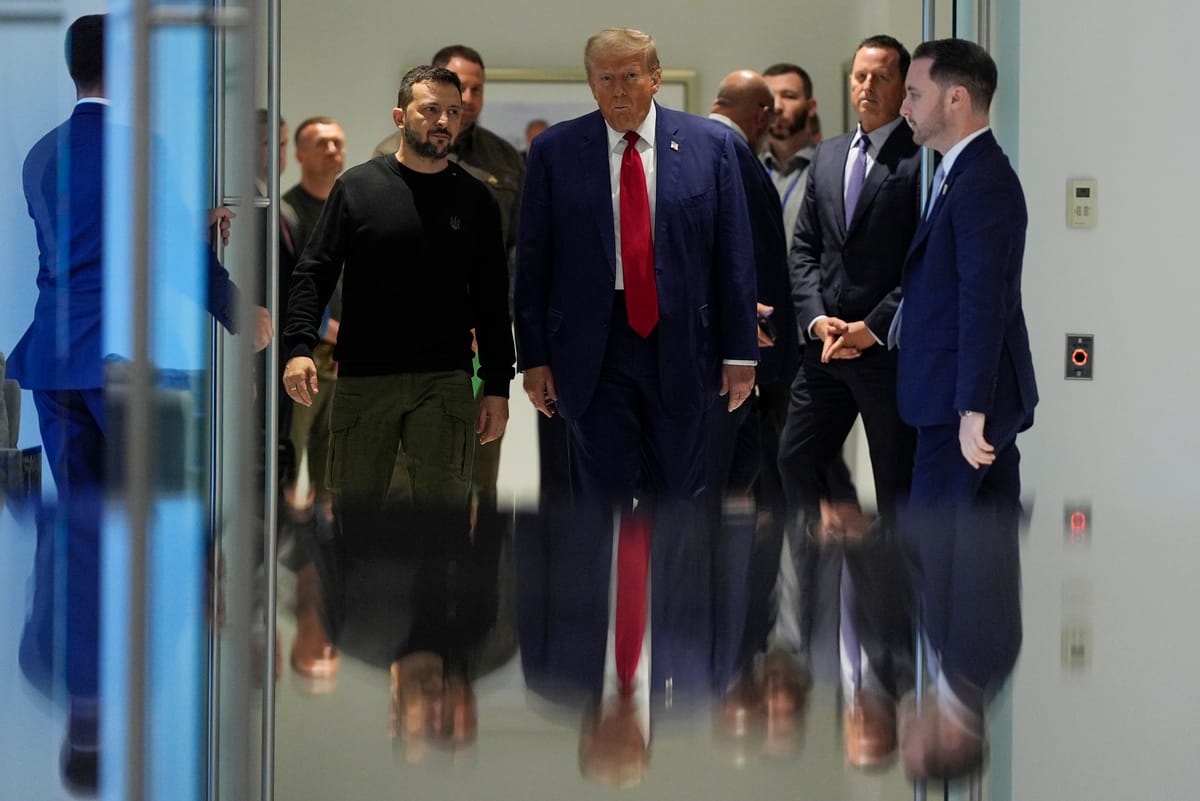Is that so?
NATO's "open door policy" is based upon Article 10 of the Washington Treaty, which states that membership is open to any "European State in a position to further the principles of this Treaty and to contribute to the security of the North Atlantic area".
The enlargement of the Alliance is an ongoing and dynamic process. Since the Alliance was created in 1949, its membership has grown from the 12 founding members to today's 32 members through 10 rounds of enlargement in 1952, 1955, 1982, 1999, 2004, 2009, 2017, 2020, 2023 and 2024.
The first three rounds of enlargement – which brought in Greece and Türkiye (1952), West Germany (1955) and Spain (1982) – took place during the Cold War, when strategic considerations were at the forefront of decision-making.
The fall of the Berlin Wall in November 1989 signalled the end of the Cold War and was followed by the dissolution of the Warsaw Pact and the breakup of the Soviet Union. The reunification of Germany in October 1990 brought the territory of the former East Germany into the Alliance. The new democracies of Central and Eastern Europe were eager to guarantee their freedom by becoming integrated into Euro-Atlantic institutions.
NATO enlargement was the subject of lively debate in the early 1990s. Many political analysts were unsure of the benefits that enlargement would bring. Some were concerned about the possible impact on Alliance cohesion and solidarity, as well as on relations with other states, notably Russia. It is in this context that the Alliance carried out a Study on NATO Enlargement in 1995 (see above).
Post-Cold War enlargement
Based on the findings of the Study on Enlargement, the Alliance invited Czechia, Hungary and Poland to begin accession talks at the Alliance's Madrid Summit in 1997. These three countries became the first former members of the Warsaw Pact to join NATO in 1999.
At the 1999 Washington Summit, the Membership Action Plan was launched to help other aspirant countries prepare for possible membership.
Bulgaria, Estonia, Latvia, Lithuania, Romania, Slovakia and Slovenia were invited to begin accession talks at the Alliance's Prague Summit in 2002 and joined NATO in 2004. All seven countries had participated in the MAP.
At the Bucharest Summit in April 2008, Allied leaders took a number of steps related to the future enlargement of the Alliance. Several decisions concerned countries in the Western Balkans (see Milestones below). The Allies see the closer integration of Western Balkan countries into Euro-Atlantic institutions as essential to ensuring long-term self-sustaining stability in this region, where NATO has been heavily engaged in peace-support operations since the mid-1990s. Albania and Croatia joined the Alliance in April 2009; Montenegro in June 2017; and the Republic of North Macedonia in March 2020.
Allied Leaders also agreed at Bucharest that Georgia and Ukraine, which were already engaged in Intensified Dialogues with NATO, will one day become members. In December 2008, Allied foreign ministers decided to enhance opportunities for assisting the two countries in efforts to meet membership requirements by making use of the framework of the NATO-Ukraine Commission (which has since become the NATO-Ukraine Council) and the NATO-Georgia Commission – without prejudice to further decisions which may be taken about their applications to join the MAP.
(For further information on NATO's cooperation with Georgia and Ukraine see pages on Relations with Georgia and Relations with Ukraine.)
In May 2022, Finland and Sweden declared their intent to join NATO, and jointly presented their official letters of application to former Secretary General Jens Stoltenberg. This followed Russia's unprovoked invasion of Ukraine (which commenced in February 2022), a move that shattered peace in Europe and interrupted the rules-based international order. After taking part in the NATO Summit in Madrid in June, Finland and Sweden completed accession talks at NATO Headquarters in Brussels on 4 July, confirming their willingness and ability to meet the political, legal and military obligations and commitments of NATO membership. On 5 July, Allies signed the Accession Protocols for Finland and Sweden, which then became Invitees, attending NATO meetings under that title until all Allies ratify the Accession Protocols according to their national procedures. Following the ratification of Finland's Accession Protocol by all NATO Allies, the country was formally invited to accede to the Washington Treaty (also known as the North Atlantic Treaty), and joined the Alliance on 4 April 2023. By early 2024, Sweden’s Accession Protocol had also been ratified by all Allies according to their national procedures, after which the country became a full NATO member on 7 March 2024.






